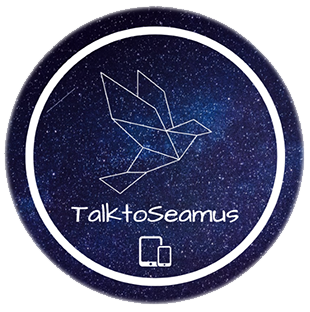Mindfulness, Meditation & Body - You will be encouraged to develop your own practice
Mindfulness is the art of living in this moment: It is most easy to experience during meditation for example when focusing on your breathing, but it’s not a temporary state of mind that only exists while meditating which then disappears for the rest of the day. Rather, mindfulness becomes a way of living in which you can be in the present moment in any situation.
What is its value?
Mindfulness doesn’t eliminate stress or other difficulties; instead, by becoming aware of unpleasant thoughts and emotions that arise because of challenging situations, you have more choice in how to handle them in the moment and reacting calmly. Of course, practicing mindfulness does not mean you never get angry — rather it allows you to be more thoughtful in how you want to respond, whether that's calmly and empathically or perhaps, assertively expressing that anger.
Meditation is the training ground for learning mindfulness. At first you meditate to become familiar with the here and now for a limited period of time. Over time, however, regularly practicing meditation helps you develop the ability to be present throughout the day, every day. This would be called mindfulness meditation.
How does it work?
Mindfulness meditation doesn’t only change your mindset and perspective, it actually can change the shape of your brain. This has been shown in neuroimaging studies suggesting brains rewire towards more positive thoughts and emotions. This is entirely in keeping with recovery which is about developing new change related neural pathways.
During meditation brain waves move from high frequency to a lower frequency, which activates (and, potentially even more importantly, deactivates) certain old areas. For example, it can decrease neurological connections to the medial prefrontal cortex, or the “me centre,” diminishing traits such as fear, stress, and anxiety. In turn, meditation can also build new pathways to the parts of the brain responsible for traits like focus and decision-making.
Mindfulness meditation and changing the shape of the brain is a process known as neuroplasticity. Research shows that grey matter — the area of the brain responsible for emotional regulation, planning, and problem-solving — as well the thickness of the cortex — responsible for learning and memory — both increase with regular meditation practice. Alternatively, the amygdala, which regulates how we feel stress, fear,and anxiety, decreases in size.
Body Work
I will encourage you to integrate exercise into your treatment program. That's because the evidence in favor of exercise's benefits for recovery is overwhelmingly clear: exercise can reduce cravings, improve mood and increase self-confidence, thereby improving the odds of finding lifelong freedom from addiction. Choose what ever suits, Yoga, Gym work, with or without personal trainers, Pilates, Qigong, martial arts, returning to old sporting activities, swimming, running, stretching and walking, the list is long and the highway broad. Just make a start and put one foot in front of the other.
